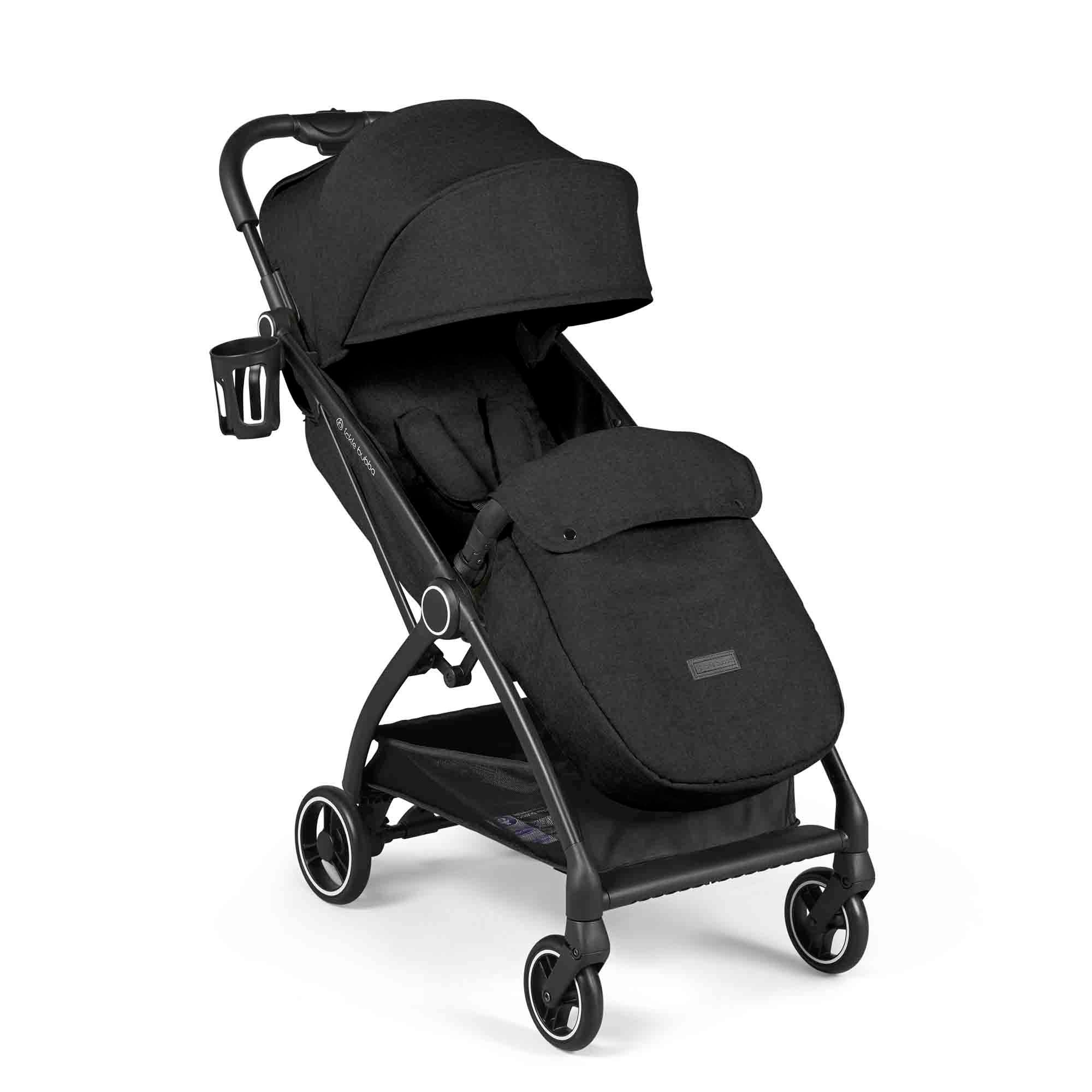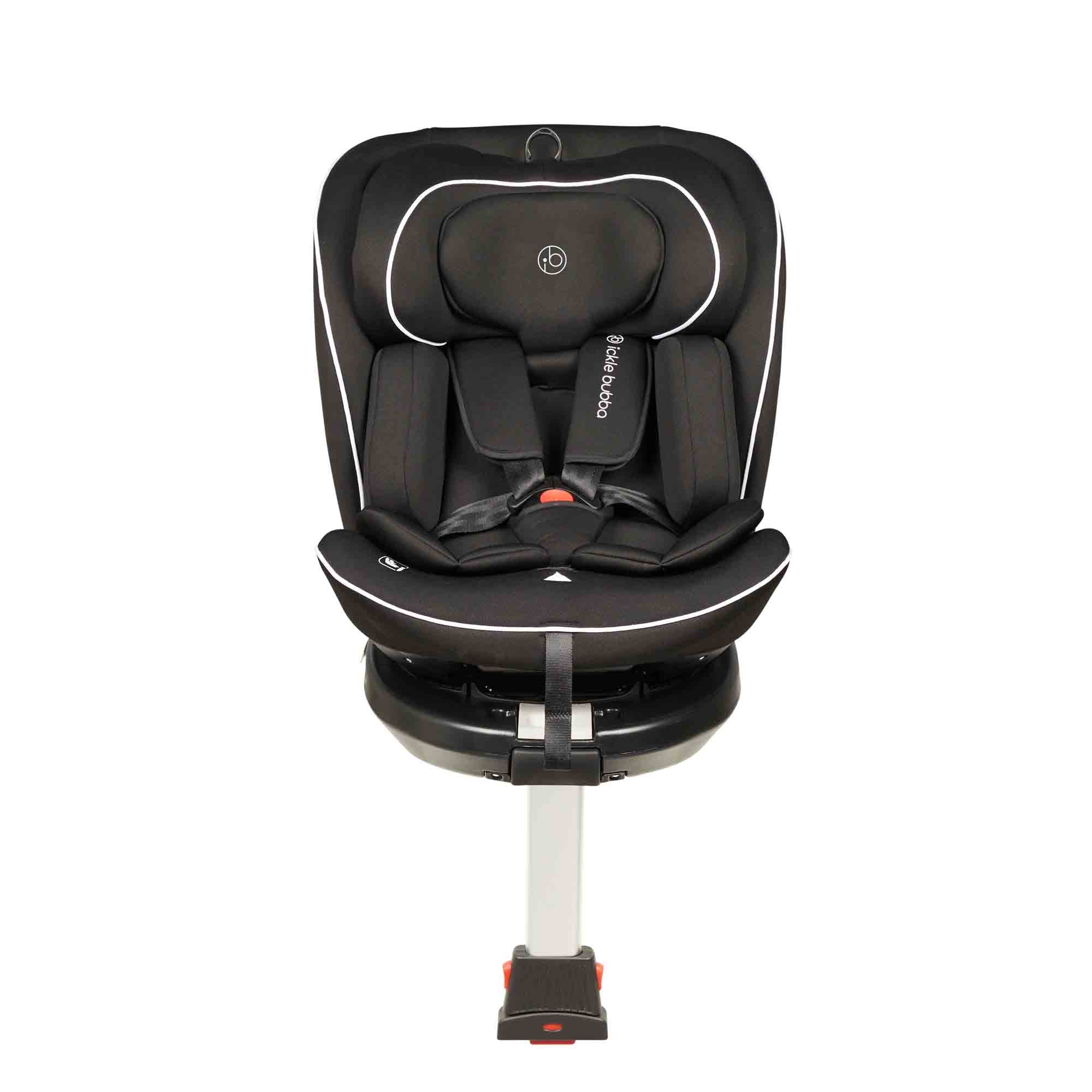Sleep During Pregnancy: Top Tips

If you lead a busy life – hectic job, non-stop social commitments – then finding the time to get a decent night’s sleep isn’t always easy. And when you’re pregnant, it can be even harder, as you struggle to get comfortable with your ever-changing body. Luckily, it’s all part of the experience, and there’s lots you can do to try get a better night’s sleep. We’ve pulled some top tips together and answered some FAQs.
Sleeping in Pregnancy: What Do I Need to Know?
Firstly, let’s look at why it can be difficult to sleep during pregnancy. The more you understand about what you’re going through, the easier it is to find solutions.
Why do I struggle to sleep when pregnant?
There could be any number of reasons for struggling to sleep during pregnancy. For a start, your body is going through so many changes, that you might struggle to get comfortable. Some of the symptoms of poor sleep include:
Restless legs
Heartburn
Anxiety
Baby moving
Sickness / nausea
Could I have insomnia?
Yes, it is entirely possible that you will suffer from insomnia during pregnancy, but that doesn’t mean that it can’t be overcome. Much of it will be to do with the issues we’ve mentioned above but should start to settle down as your pregnancy continues.
The NHS have a really helpful guide to sleep problems during pregnancy.
When is sleep worse during pregnancy?
Many pregnant people experience bad sleep in the first trimester (the first 12 weeks of pregnancy) this is because your hormones are changing and that can be causing any number of other side effects.
As pregnancy progresses, many people find that things settle down and they do start to get better night’s sleep. However, as you get closer to your third trimester (week 27) and your bump starts to grow, many people experience difficulty sleeping because they can’t get comfortable.
How does a lack of sleep affect me?
As anyone knows, a lack of sleep can have a knock-on effect to you and how you live your life. Obviously, you’ll find yourself to be more tired and struggling to maintain energy but it can also affect your mental health. The important thing to do is rest as much as you can and make time for putting your feet up, even if you can’t drift off. Make sure to continue eating healthily, drink lots of water and rest as much as you can.
How does a lack of sleep affect the baby?
Difficulty sleeping or insomnia doesn’t necessary affect baby, though some research has shown that it can cause difficulties later on in pregnancy, so it’s important to speak to your midwife or GP is sleeplessness is becoming a consistent problem.
Healthline have a great article which could help.
Sleeping While Pregnant: Top Tips for a Better Night’s Sleep
So, we understand why we’re struggling to sleep but now for the big one – how do we overcome that? There’s no hard and fast rule and every pregnancy is different but here are some top tips we’ve found in our research.
Going to sleep when you’re tired
It sounds obvious but going to sleep when you’re actually feeling tired can help. It can be easy to assume that by going to bed early, you’re doing the right thing. But if your body isn’t tired enough, you might find that it ends up fighting against that. And, let’s face it, there’s nothing worse than lying in bed feeling frustrated that you can get to sleep.
So, try staying up a little longer. Whether you keep binging on your favourite shows or try creating yourself a ‘cool down’ routine (more on that in a minute) you can help ease your body into that drowsy state, and hopefully drift off once you get into bed.
Relaxing
As we mentioned above, creating the right environment for you to get sleep can be a big part of the battle, so it’s important to learn to rest. That might mean laying out on the couch and doing nothing, reading a book, or it might mean having a nightly soak in the bath to release some tension. You may even decide to go one step further and introduce new activities such as yoga or meditation to help you and your body calm down after a busy and tiring day.
Changing your diet
There are few things that can’t be improved by looking at your diet and making changes where you think you need to. With pregnancy, you have to avoid certain foods anyway, but by looking at what you eat and when, you can hopefully buck and trends that are causing you to miss out on sleep. A good healthy diet can make you feel fresher which means you don’t end up feeling stodgy or bloated.
No doubt you’ll have cut these out of your diet anyway, but it’s always important to remember to avoid or reduce your intake of:
Tea and coffee
Fizzy drinks
Chocolate
Alcohol
Exercise
As with a healthy diet, a healthy lifestyle can make all the difference. Now, obviously you’re pregnant, so now isn’t the best time to start rock climbing or base jumping but introducing some activities into your daily routine can make a big difference. Going on walks, swimming, taking up yoga or Pilates - these can all help you to use up any additional energy you have while also helping your body to develop strength and stamina for the birth. And, of course, getting out and about in the fresh air can set you up for a great night’s sleep (something worth remember for when baby is here…)
Sleep aids
Let’s face it, sometimes we all need a bit of additional help with things, and sleep is no different. There are lots of things you can do to help create a better environment for sleep. A pregnancy pillow for example is a great way to find a more comfortable sleeping position, especially as you head into your third trimester.
There are also other things you can do, such as playing relaxing music or white noise or even using sleep apps to help your mind switch off as it starts to drift. If you’re considering using medication to help you sleep, then we suggest consulting your GP or midwife before you do anything. Adding new medications to your system, even over-the-counter ones, may have adverse effects on baby, so better to be safe and sure.
Summary
So, that’s it. We hope that’s given you some ideas for overcoming a lack of sleep. Not every solution will work for you, but you might be lucky and find that several of them do the trick. Don’t forget, it’s always useful to speak to friends and family who have been through it – after all, everyone has their own unique ways to overcome these obstacles during pregnancy, so that might just have the winning formula.
Whatever works for you, happy sleeping…









